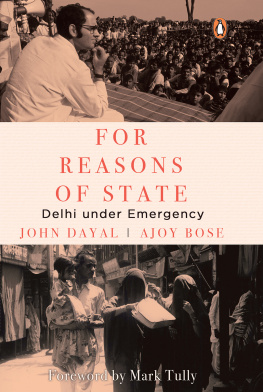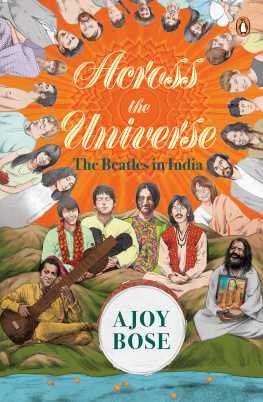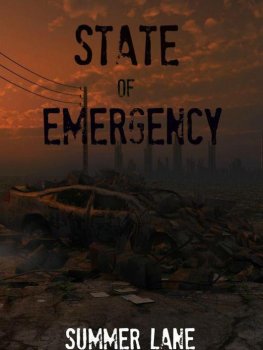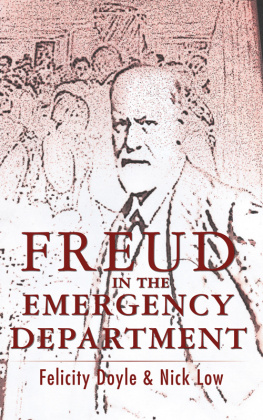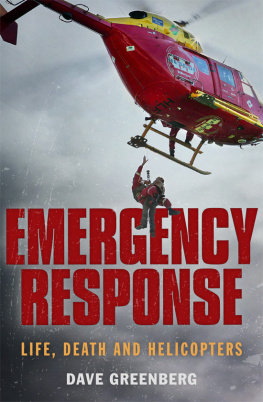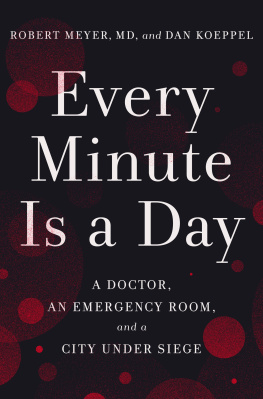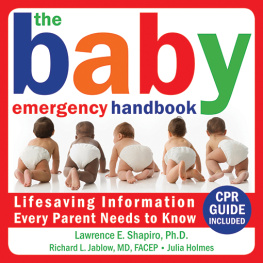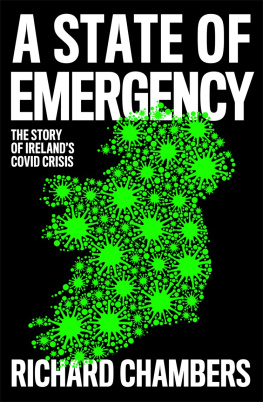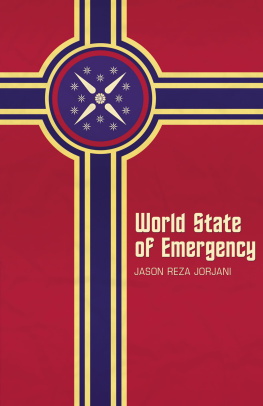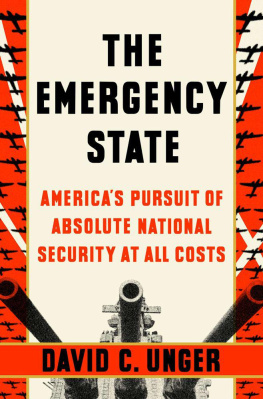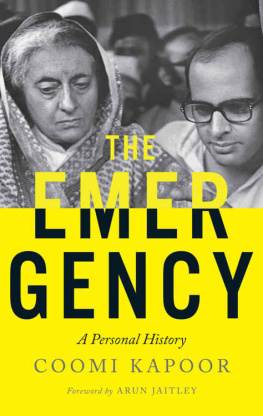The State seeks to hinder every free activity by its censorship, its supervision, its police, and holds the hindering to be its duty, because it is in truth a duty of self-preservation. The State wants to make something out of man, therefore there lives in it only made men; everyone who wants to be his own self is its opponent.
Foreword
A few years ago, I was at a conference in London marking the fortieth anniversary of the Emergency. Looking back at that time, it seemed the chief significance of the Emergency was that it could never be repeated. Two years later, I am not so certain about this any more.
The international reaction to the Emergency, I remember, was anger and disappointment. This undoubtedly had an impact on Indira Gandhi. She did not like being described as a tyrant, as someone who had murdered democracy. There was a fear internationally that the Emergency might be the end of democracy in India. There is a theory that Mrs Gandhi was affected by this international reaction and therefore called an election to demonstrate her democratic credentials. I dont believe this myself. I think she called an election because she was misinformed. She was completely out of touch because of the sycophants surrounding her and misled to believe that she would win the elections. This was told to me by none other than Dev Kant Barooah, the president of the Congress party. If she had won the election, I have no doubt she would have said that this was a sign that people liked the Emergency and approved of what she had done, and so maintained it. It is very important to remember that although she had called an election, she did not actually lift the Emergency till it became clear that she had been defeated.
There are several possible explanations for a democracy like India turning into a dictatorship overnight. The first and most important one is the collapse of institutions. The institutions were so feeblethe judiciary, police, administration, the Congress party and even the President himselfthey simply accepted this illegal act. Thereafter there was no real resistance to it. However, it must be borne in mind that the entire Opposition was in jail. There was an atmosphere of fear because of these arrests and because the police were taking advantage of the situation by making random arrests and demanding money to release the arrested. The powerful business community, from what I remember, did absolutely zero to oppose the Emergency. Yet there was underground resistance to the Emergency, the most famous example being George Fernandes.
Today, once again, there is a government with an absolute majority and a very powerful prime minister dominating his party. This has created an atmosphere of fear. This atmosphere of fear is heightened among certain communities, particularly the Muslims, by the ideology of Hindu extremist groups that appear to have powerful influence on the government. It is fundamentally anti-Muslim and sets that community up as the other to create fear within the Hindu community and try to unite it on the basis of this fear. Fear is also created by the actions of groups like gau rakshaks or cow defenders.
However, it would be incorrect to say this is like the Emergency. The Constitution has not been suspended and all the fundamental rights still remain in place. The press has not been censored and Opposition leaders have not been arrested. Democracy is continuing, in the sense that we are having all these elections. The BJP may be winning most of them but they are accepting defeats too, like they did in Bihar. So on the surface democracy is still in place. Underneath, though, there is undoubtedly an atmosphere of fear. There is fear that if the BJP is re-elected with a firm majority, this could be taken as an endorsement of its policy and its ideology. Attempts could then be made to alter the Constitution, making it more presidential than parliamentary and therefore giving more power to the chief executive.
As far as the media is concerned, it would be wrong to compare the present situation to the Emergency. My own experience of the press was that while not all of them bowed to the Emergency regime, most of them did. There is no doubt that the press on the whole did collapse. We in the foreign press protested against the censorship. We had negotiations with the government for a month or so on how we could operate but in the end most of us, including the BBC, felt that the terms of censorship we were asked to sign were so absurd that we could not do so without signing away all our journalistic independence and integrity.
Today there is no censorship but there may be self-censorship out of fear or pressures. It has to be said that television channels like NDTV and newspapers I read every day like the Indian Express, The Hindu and Business Standard have not collapsed. I am also very impressed with media outfits on the Internet like the Wire which certainly have not collapsed. It is true that some of the print media and television channels have become either blatantly pro-government or at least very reluctant to criticize it. Those that are owned by business groups have other business interests and fear that they will be harmed if they oppose the government. Yet there is no parallel today with what happened during the Emergency. What is, however, distressing is the misuse of investigative agencies and that is common to the Emergency and the run-up to it.
When Indira Gandhi lost the elections because of the Emergency, it did not come as a surprise to me. I had travelled widely across the country and could sense a mood of real anger in the countryside at the Emergency. Nasbandi (forcible sterilization programme) for instance was a disastrous experiment. Frankly, I do not see today any such widespread anger but I do notice increasing signs of disappointment. I think if this disappointment is powerfully expressed by the Opposition and by sections of the press, people will ask, Narendra Modi promised so much but what has he done, where are the achhe din that were supposed to come?
There is also anger in the farming community and one of the causes is the ruination of the cattle economy which is so crucial to farmers. There has also been resistance from Dalit groups and some other castes, and very strong resistance from student groups. This is significant because the great resistance movement of independent India was the Jayaprakash Narayan movement which grew out of student agitations. I think the student movement may get stronger because of the way some universities are behaving, imposing control on the students and changing their curriculum. If any major corruption scandal erupts, it could also derail the government.

